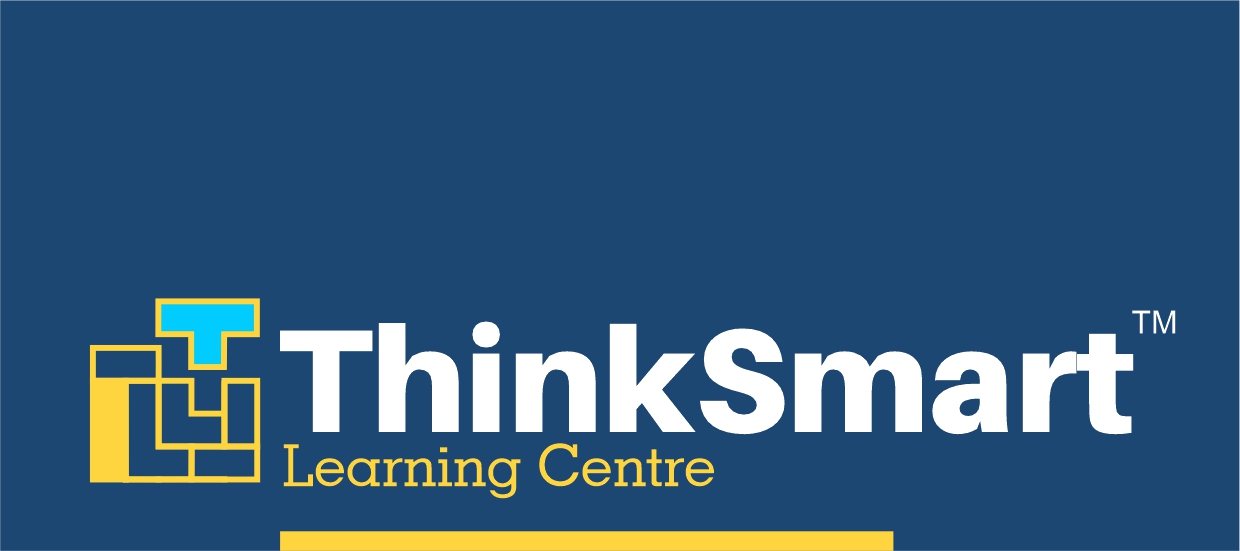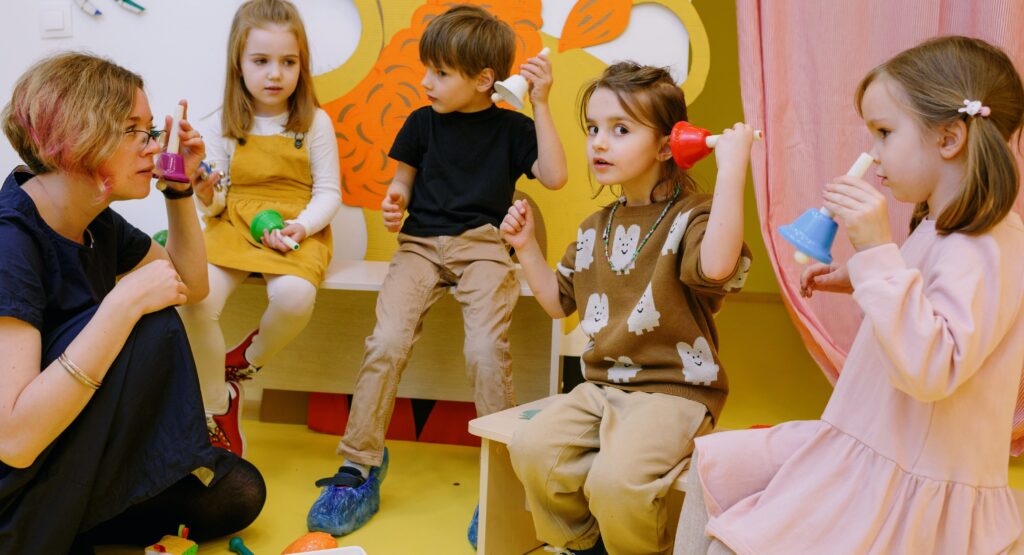By Okan Duru, Ph.D., Founder of Think Smart
Every generation comes with a distinct set of habits, characteristics, and world view. The context of the period is captured by young brains including its history, events, economy, social trends, technology and more. The generation of Millennials went through the shock of 9/11 and aftermath (Iraq War) inherited a memory of political and social distress (if not the memory of warfare for kids grew in the region) while Generation Z (born around 1996-2012) experienced one of the greatest economic booms in the history of mankind during years of 2003-2008 followed by the greatest financial and economic crisis in 2008 and a long recession period. By 2010s, the new generation is now labelled as Generation Alpha. Well, many people do not believe or care about such labelling, but at least, it helps us identifying and classifying features of a period. When it comes to 2010s, there are two keywords that I would like to emphasize: DISRUPTION and AUTODIDACT (self-learning).
In late 2016, I moved from Houston, Texas to Singapore for my new academic role. Although I lived and studied for 7 years in Japan (and happily married to a Japanese), Singapore is a different world. It is a unique city nation with a lot of ambitions on progress, technology implementation, automation and so on. The word, disruption, could be heard everyday and everywhere in most industries during 2010s in Singapore. Not only in Singapore, ‘upcoming’ disruptions (or predicted disruptions) have been discussed as the top priority of technology agenda. Some disruptions generated billion-dollar businesses, and institutions have begun scouting the next disruption. Social media, artificial intelligence applications, uberization, electric vehicles and YouTube channels teaching almost everything have led the disruption era. Therefore, it would be fair to call the 2010’s as A Decade of Disruption.
One of critical disruptions is ongoing with the way we educate kids and adults. The impact of screen and the difficulty to unplug children are far most important struggle of parents. Same screen has immense opportunities to learn, unlimited videos and games to burn your time for nothing (even for ruining mental health), and yet, there are ways to transform an innocent youth into a wild classmate. In this circumstance, generation alpha tends to learn by themselves from various resources at their own pace and choice of topic. COVID-19 has accelerated this progress dramatically, so that, everyone experienced how e-learning actually works (way better than common opinion) as well as how home office works fairly (and now it is common practice in most firms). Now self-learning or indirect learning (without teaching) has become the new normal.

It is a growing trend that new generations are more autodidact than former generations. The availability and easy access to knowledge lead the trend, and self-learning is going to be an essential skill. However, we do not assume that one would self-learn whatever required to learn. Self-learning needs curiosity, interest and attention, the new commodity of social media. Attention Economy is a new term defining the market for consolidating attention of users and selling it to third parties as a stage for advertising or conveying their message. It is like filling a theatre with people and selling the stage to whoever would like to perform or talk. In such an economy, channeling children to the right stage is a difficult task for parents and educators. Gamification is a tool to convert boring content into entertaining activities. In the last two decades, physical game industry (board games, puzzle games) has grown rapidly, so that, many calls it the golden age of board games. Rather than traditional textbooks, children learn through games, puzzles and educating videos these days. Self-learning is achieved by playing games and solving puzzles. Our next article will address the way that games play its role in self-learning and learning productivity.




